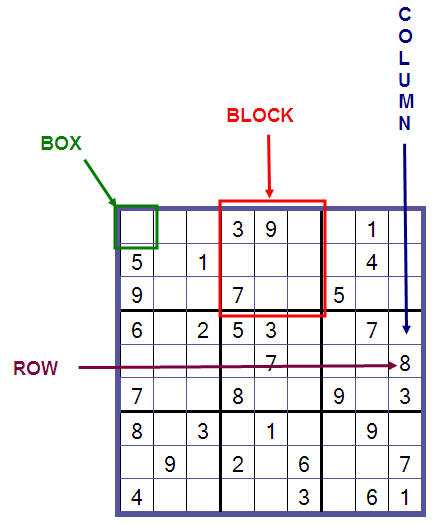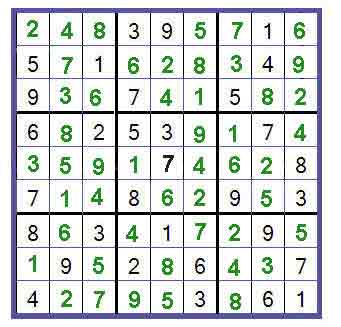
Solving Sudoku Puzzles a beginner’s journey is the target of this week, you may be familiar with Sudoku puzzles and possibly have solved a few in your day or life. However, I admit that I have never solved any Sudoku puzzle. This post is our continuation of putting efforts to learn AI/ML & Data Science.
I have an assignment to solve a Sudoku puzzle as part of my MSc program, so my journey started, and I am journaling about it. Let’s learn together
According to the book ‘Artificial intelligence, a modern approach’ The popular Sudoku puzzle has introduced millions of people to constraint satisfaction problems, although they may not realize it. A Sudoku board consists of 81 squares, some of which are initially filled with digits from 1 to 9. The puzzle is to fill in all the remaining squares such that no digit appears twice in any row, column, or box. A row, column, or box is called a unit”
Sudoku Rules of Play:
- It consists of 9 x 9 puzzle grids sub-divided into 3 x 3 blocks of 9 numbers.
- Each number of any cell in the 9 x 9 puzzle can only be between 1 to 9
- Each 3 x 3 block must have all the numbers between 1 to 9 in any cell and it can not repeat the numbers
- Each row of the 9 x 9 puzzle must have all the numbers between 1 to 9, no number can repeat.
- Each column to have the numbers between 1 to 9, no number can repeat
According to Sudoku Kingdom, the roles are below,

You’ll Learn:
The basics of Sudoku Puzzles
- What is Sudoku puzzle?
- What are the rules of play?
- Techniques to be used in solving Sudoku
Resources:
- Sudoku – how to pronounce correctly, according to the Cambridge dictionary
- Solving Every Sudoku Puzzle by Peter Norvig
- MIT Open Course: Puzzle 8: You Won’t Want to Play Sudoku Again
- Sudoku Solver at Standford university
To share your thoughts:
- Leave a comment on the section below on this post
- You want to suggest any new topic we should cover in future Podcast
- Join us in Mastermind tribe
- Share this on Twitter, Facebook, If you enjoyed this episode and we together are learning new technologies.
To help out this initiative:
- Leave a candid review for the OTechTalks Podcast on iTunes! Your ratings and reviews will help the session on iTunes.
- Subscribe to the Podcast on iTunes to get the next sessions
